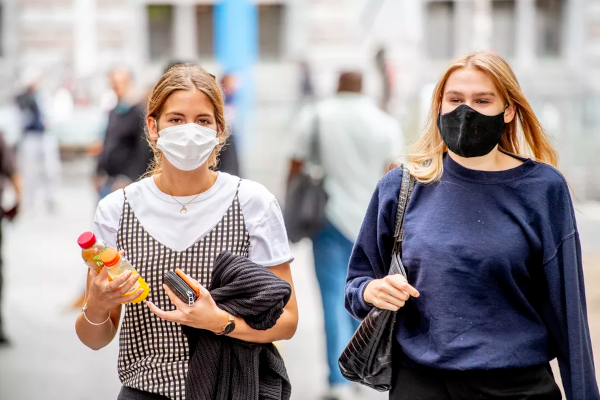The Verge

Face masks are one of the best defenses against the spread of COVID-19, but their growing adoption is having a second, unintended effect: breaking facial recognition algorithms.
Wearing face masks that adequately cover the mouth and nose causes the error rate of some of the most widely used facial recognition algorithms to spike to between 5 percent and 50 percent, a study by the US National Institute of Standards and Technology (NIST) has found. Black masks were more likely to cause errors than blue masks, and the more of the nose covered by the mask, the harder the algorithms found it to identify the face.